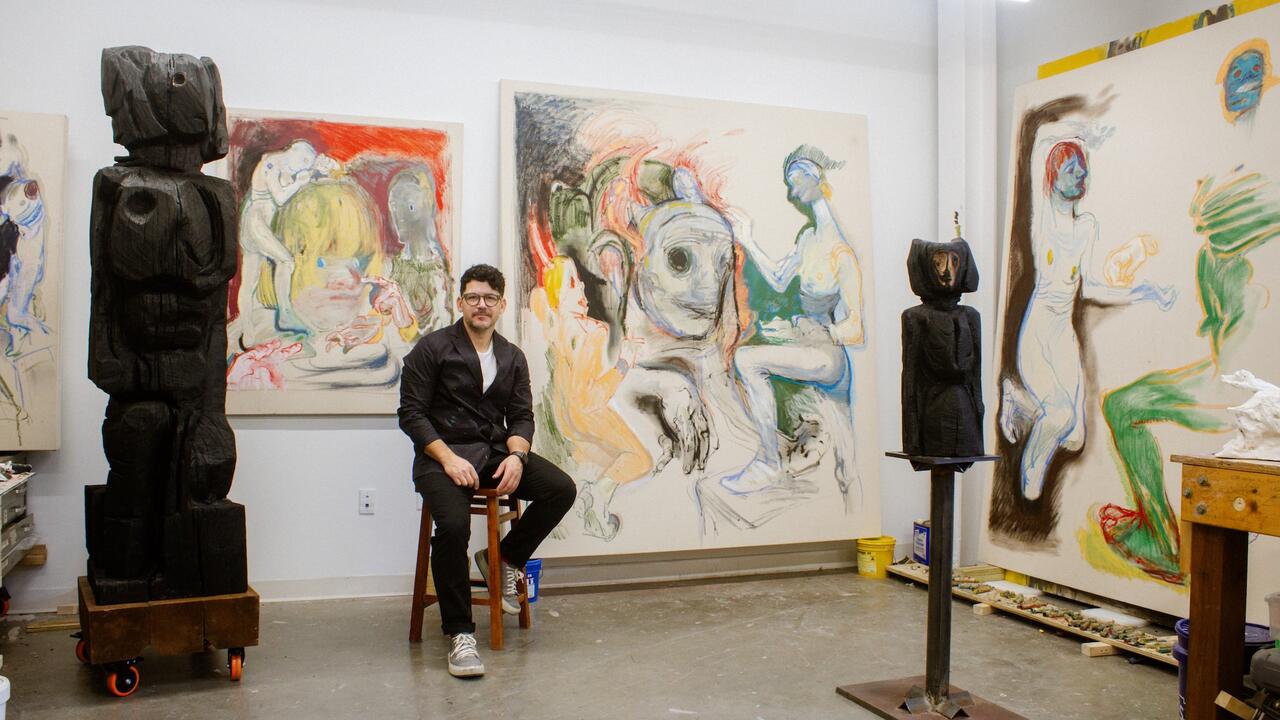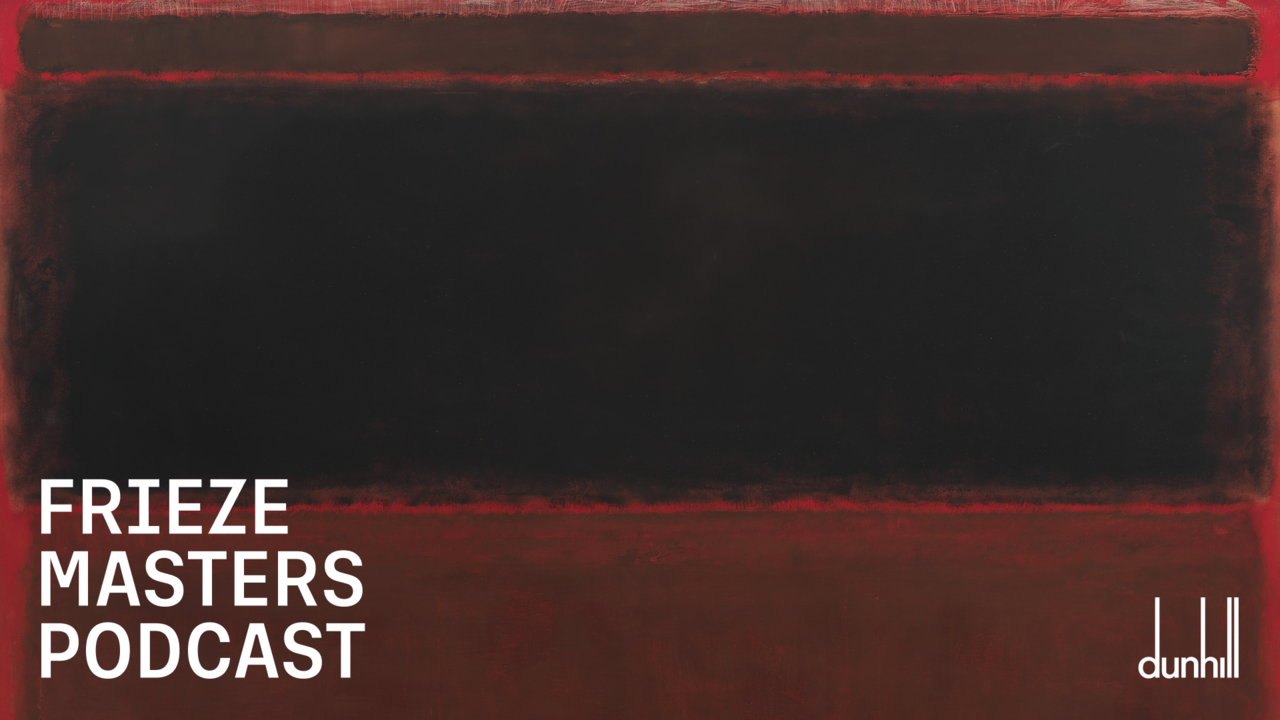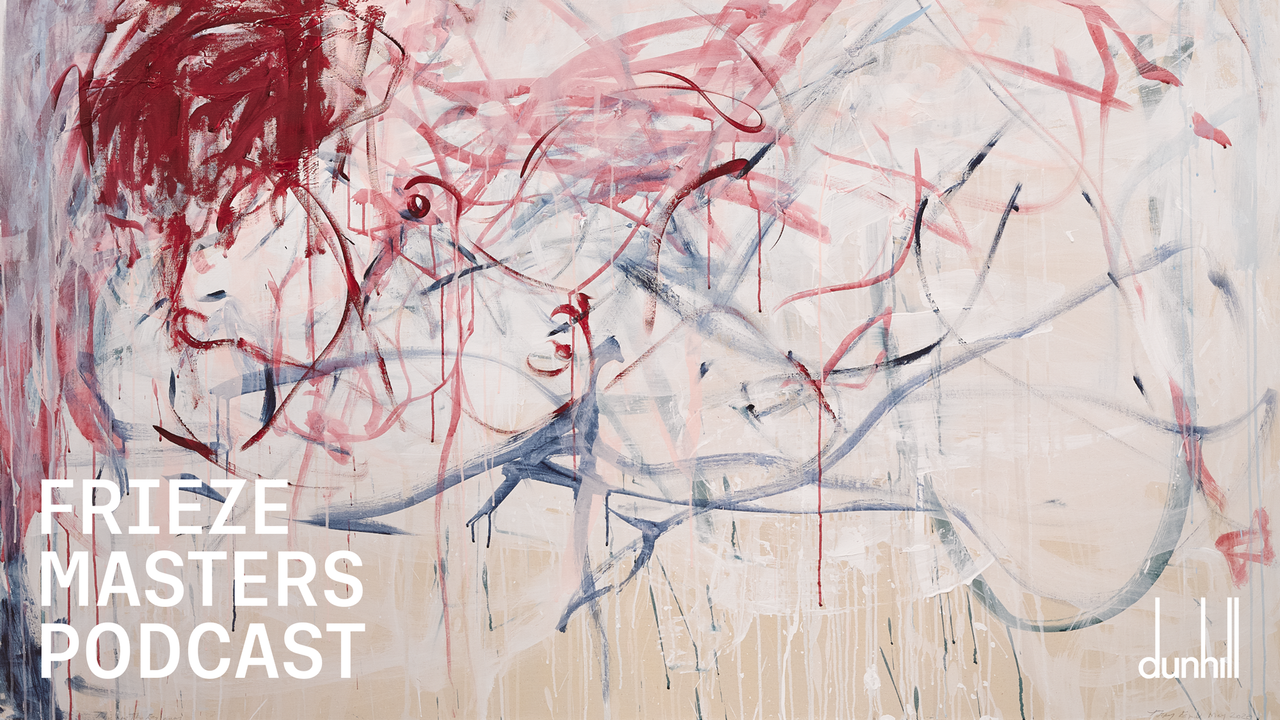Eccentric Founder of Brazil’s Inhotim Art Park, Bernardo Paz, Accused of Profiting From Child Labour
Already convicted of money laundering and tax evasion, a report makes new claims against the Brazilian collector and founder of Inhotim art park
Already convicted of money laundering and tax evasion, a report makes new claims against the Brazilian collector and founder of Inhotim art park

A new report alleges that Bernardo Paz, the notable Brazilian collector and founder of Inhotim art park – the outdoor museum which crowned him the ‘Willy Wonka’ of Brazil’s contemporary art scene – violated environmental law and used child labour in his charcoal production business, as he built his fortune through a portfolio of companies in the the mining and steel business through the 1980s.
In the report for Bloomberg, several people claim that they worked for Paz’s charcoal production company Replasa, or its subcontractors, while they were under the age of 16. Replaza refutes these claims. The report also details how in the 1980s, Paz’s company took over land in northern Minas Gerais, a state in southeastern Brazil, normally used for subsistence farming, and planted Eucalyptus trees, to be harvested for charcoal production. These plantations, planted at the headwaters of streams, drained the river-water, forcing locals to move away.
Paz was convicted of money laundering and tax evasion last year. According to prosecutors, he siphoned off money in an account set up for donations to his arts centre to his mining conglomerate. At the time, Paz called the allegations a ‘mountain of nonsense and lies.’ Although convicted, the Bloomberg report notes that Paz is still living free, while appeals are pending, in his art-filled mansion overlooking the Inhotim park.
Paz opened his outdoor contemporary art museum in 2006 in the grounds of his estate in Brumadinho, south-east Brazil. Inhotim’s botanical gardens contain artworks by Olafur Eliasson, Matthew Barney and Yayoi Kusama among others.
A recent BBC documentary explored the future of the institution, once completely funded by Paz, and concluded that its future appeared secure even without its founder. ‘[It] is important to clarify the independence of Inhotim. Our administration is separate from Bernardo and his businesses, although we have obviously received donations from him,’ chairman of the board of directors at the museum, and World Bank economist Ricardo Gazel said.




















